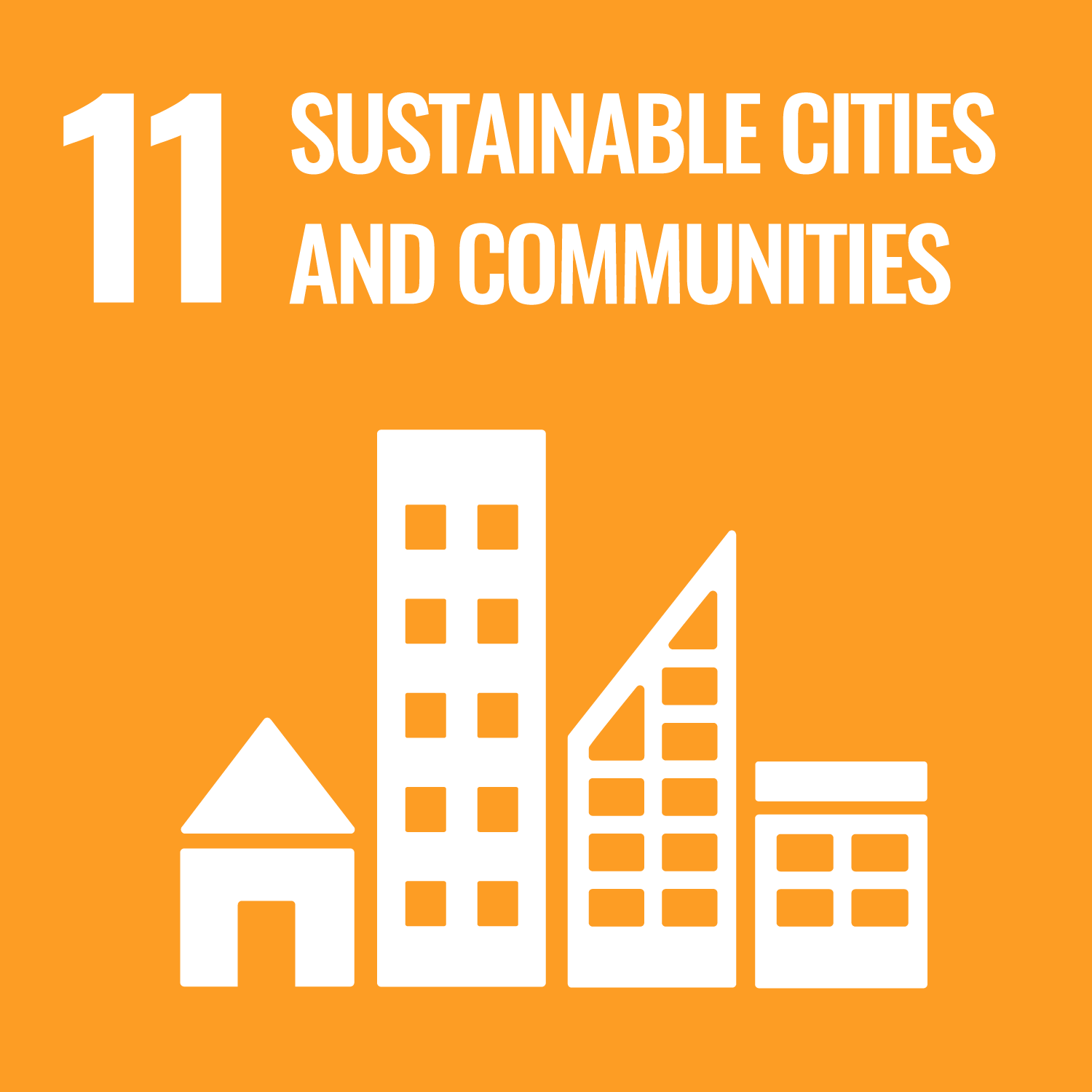An, Z. orcid.org/0000-0003-2577-761X, Mullen, C. orcid.org/0000-0002-6399-8360, Guan, X. et al. (2 more authors) (2024) Shared micromobility, perceived accessibility, and social capital. Transportation. pp. 1-36. ISSN 0049-4488
Abstract
While the impacts of shared micromobility (SMM) on the environment and transport systems are being extensively researched, its societal implications and the influence of the social environment on the use of SMM remain largely unexplored. In this research, we investigate the interrelationships between the use of SMM, perceived overall accessibility, and social capital. We focus on two types of SMM – shared bikes and shared e-scooters – in three European countries: the Netherlands, England, and Sweden. We measure perceived overall accessibility through a multicriteria subjective evaluation of individuals’ ability to reach regular destinations, services, and activities. We consider multidimensional social capital measures: social trust, cooperativeness, reciprocity, network bonding, and network bridging. We use multivariate models to investigate the associations between perceived overall accessibility, SMM use, and social capital, and examine the dominant direction of these associations using the direct linear non-Gaussian acyclic model (DirectLiNGAM) and direction dependence analysis (DDA). We find that lower levels of perceived overall accessibility may contribute to lower levels of social trust, reciprocity, and cooperativeness. However, individuals with a lower level of perceived overall accessibility tend to use shared bikes more frequently, which in turn, may increase their social trust and cooperativeness. We also find that increased shared e-scooter use may contribute to increased network bonding, yet the frequency of use has no relation with perceived overall accessibility. Our research suggests that the introduction of shared bikes alone, independent of other measures aimed at encouraging their use, may help mitigate individual differences in social capital. We argue that the applied DirectLiNGAM and DDA help gain deeper insights into the likely causal relationship between transport and social capital in non-intervention studies.
Metadata
| Item Type: | Article |
|---|---|
| Authors/Creators: |
|
| Copyright, Publisher and Additional Information: | © The Author(s) 2024. This article is licensed under a Creative Commons Attribution 4.0 International License, which permits use, sharing, adaptation, distribution and reproduction in any medium or format, as long as you give appropriate credit to the original author(s) and the source, provide a link to the Creative Commons licence, and indicate if changes were made. The images or other third party material in this article are included in the article's Creative Commons licence, unless indicated otherwise in a credit line to the material. If material is not included in the article's Creative Commons licence and your intended use is not permitted by statutory regulation or exceeds the permitted use, you will need to obtain permission directly from the copyright holder. To view a copy of this licence, visit http://creativecommons.org/licenses/by/4.0/. |
| Keywords: | Shared micromobility; Social capital; Bike sharing; Shared e-scooter; Accessibility |
| Dates: |
|
| Institution: | The University of Leeds |
| Academic Units: | The University of Leeds > Faculty of Environment (Leeds) > Institute for Transport Studies (Leeds) > ITS: Sustainable Transport Policy (Leeds) |
| Depositing User: | Symplectic Publications |
| Date Deposited: | 23 Oct 2024 11:05 |
| Last Modified: | 23 Oct 2024 11:05 |
| Status: | Published online |
| Publisher: | Springer Nature |
| Identification Number: | 10.1007/s11116-024-10521-5 |
| Sustainable Development Goals: | |
| Open Archives Initiative ID (OAI ID): | oai:eprints.whiterose.ac.uk:218735 |


 CORE (COnnecting REpositories)
CORE (COnnecting REpositories) CORE (COnnecting REpositories)
CORE (COnnecting REpositories)